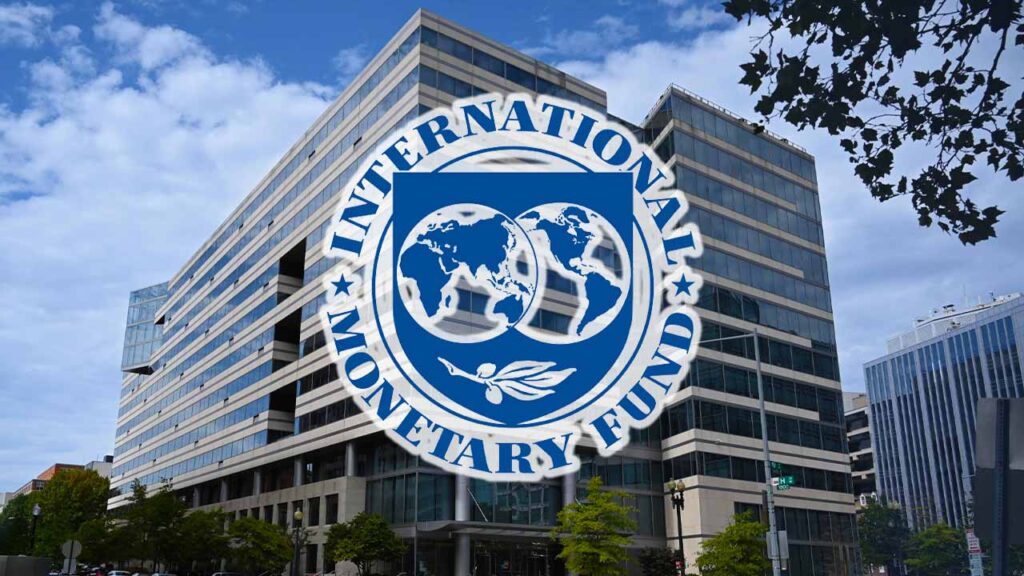By John Chola
In a significant development for Zambia’s economic trajectory, the Ministry of Finance, together with the International Monetary Fund (IMF), has announced the successful conclusion of a Staff-Level Agreement, marking the completion of the fourth review of the 38-month Extended Credit Facility (ECF).
The agreement, reached following rigorous discussions in Lusaka and Washington, D.C., sets the stage for further financial backing aimed at stabilizing the nation’s economy.
Path to Financial Support
Led by Ms. Mercedes Vera Martin, the IMF mission engaged with Zambian authorities from October 2 to 15, 2024, and continued talks during the 2024 IMF-World Bank Annual Meetings.
This fourth review paves the way for Zambia’s potential access to the fifth tranche of US$185.5 million in financing under the ECF-supported program, contingent upon approval by IMF management and its Executive Board, anticipated by mid-December 2024.
Secretary to the Treasury Felix Nkulukusa highlighted the notable fiscal accomplishments that contributed to the positive outcome of the review.
These include a significant primary budget surplus of 3.4 percent of GDP at end-June 2024, well above initial targets, despite fiscal challenges such as constrained domestic financing and enforced expenditure cuts.
Macroeconomic Shifts and Future Projections
Amid these developments, the IMF has revised Zambia’s end-2024 GDP growth projection to 1.2 percent, a downward adjustment from 2.3 percent projected in June 2024.
Nkulukusa acknowledged this lower estimate, attributing potential improvement to a stabilized power supply that could boost economic activities.
The long-term forecast remains promising, with GDP growth expected to reach 6.2 percent in 2025, driven by a revival in agriculture and mining, alongside strategic debt restructuring.
Dr. Situmbeko Musokotwane, Zambia’s Minister of Finance and National Planning, expressed satisfaction with the IMF agreement, emphasizing the importance of resilience amidst unprecedented food and energy crises precipitated by severe drought conditions.
“Reaching this milestone amid these challenges showcases the confidence the IMF and the international community have in Zambia’s reform efforts,” Musokotwane stated.
Key Reform Pillars
The agreement hinges on four primary pillars aimed at sustaining economic growth and safeguarding fiscal stability:
1. Sustaining Social Spending While Managing Debt: The 2025 budget will prioritize social expenditures to protect vulnerable populations while maintaining fiscal discipline. This includes exploring domestic revenue sources, such as tax adjustments and strategic spending evaluations.
2. Building Economic Buffers: Measures will be adopted to shield the economy from future shocks, including climate-related disruptions, through enhanced public financial management, tax system improvements, and oversight of state-owned enterprises.
3. Adaptive Monetary Policy: Maintaining exchange rate flexibility and managing inflation through proactive monetary policies remains crucial.
The Bank of Zambia is expected to bolster banking supervision, implement an effective deposit insurance scheme, and incentivize local currency use.
4. Structural Reforms for Private Sector Growth: Efforts will be ramped up to remove regulatory and infrastructural distortions that hinder private sector expansion. Transparency in the energy sector and state-owned enterprises will be essential to leveling the playing field and promoting a competitive business environment.








